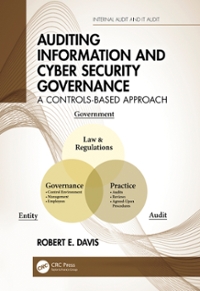Answered step by step
Verified Expert Solution
Question
1 Approved Answer
0 What is the FV of annual payments of $5000 made at the end of each year for the next 25 years at a rate

 0 What is the FV of annual payments of $5000 made at the end of each year for the next 25 years at a rate of 5% per year? Answer: (ii) You have two choices to receive a payout from an inheritance. $1000 at the end of each year for the next 10 years (Choice 1) or $2000 at the end of each year for the next five years (Choice 2)? Interest rates are expected to be stable at 4% per annum. com a financial point of view which should you choose? Answer: I (iii) How long (years) would it take to save up a $25,000 down payment if you can save $250 per week and can get 0.5% interest compounded monthly? Note: 4.3 weeks in a month. Answer: S (iv) You borrowed $50,000 from your in-laws and told them you'd pay it back over the next 5 years (at the end of the year). Bank deposits are expected to pay 2% ly over the period. What should your annual payments be? Answer: $ I A popcorn machine costs $800 and is expected to make $1500, $800 and $500 for each of the next 3 years before the machine is junked. The going interest rate is 3%. How much profit does this investment make in PV (i.e. t=0) dollars? In other words, what is the net present value of this investment
0 What is the FV of annual payments of $5000 made at the end of each year for the next 25 years at a rate of 5% per year? Answer: (ii) You have two choices to receive a payout from an inheritance. $1000 at the end of each year for the next 10 years (Choice 1) or $2000 at the end of each year for the next five years (Choice 2)? Interest rates are expected to be stable at 4% per annum. com a financial point of view which should you choose? Answer: I (iii) How long (years) would it take to save up a $25,000 down payment if you can save $250 per week and can get 0.5% interest compounded monthly? Note: 4.3 weeks in a month. Answer: S (iv) You borrowed $50,000 from your in-laws and told them you'd pay it back over the next 5 years (at the end of the year). Bank deposits are expected to pay 2% ly over the period. What should your annual payments be? Answer: $ I A popcorn machine costs $800 and is expected to make $1500, $800 and $500 for each of the next 3 years before the machine is junked. The going interest rate is 3%. How much profit does this investment make in PV (i.e. t=0) dollars? In other words, what is the net present value of this investment


Step by Step Solution
There are 3 Steps involved in it
Step: 1

Get Instant Access to Expert-Tailored Solutions
See step-by-step solutions with expert insights and AI powered tools for academic success
Step: 2

Step: 3

Ace Your Homework with AI
Get the answers you need in no time with our AI-driven, step-by-step assistance
Get Started


